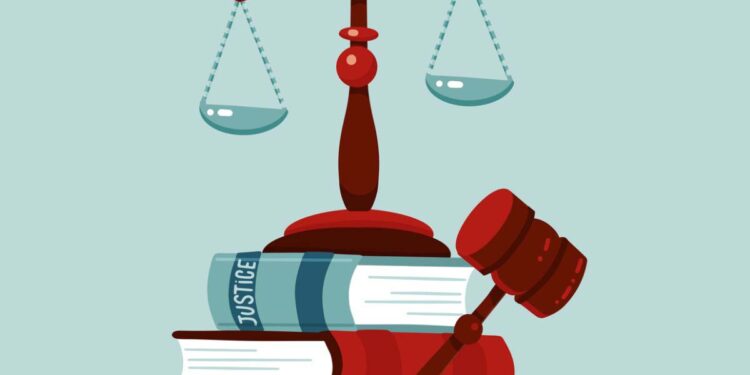Introduction
Crypto exchange Coinbase has emerged victorious in a legal battle as the U.S. Supreme Court ruled in its favor, delivering a significant decision that could impact future court disputes for businesses across various industries.
Coinbase’s Legal Triumph in the U.S. Supreme Court
Background
In a recent development, the U.S. Supreme Court granted Coinbase a reprieve by ruling that a lawsuit filed by one of its users cannot proceed until Coinbase defends an appeal of a lower court ruling.
Implications for Coinbase
The 5-4 majority ruling enables Coinbase to continue its efforts to enforce arbitration against the putative class action lawsuit. Consequently, the progress of the lawsuit through the federal court system has been temporarily halted. While this victory is specific to Coinbase, its broader implications extend beyond the realm of the crypto industry.
The District Court Proceedings
Initial Ruling Against Coinbase Initially, the U.S. District Court for the Northern District of California denied Coinbase’s motion to compel arbitration, dealing a blow to the company.
Failed Appeal
Coinbase’s subsequent appeal to overturn the ruling also proved unsuccessful. At this stage, the lawsuit was poised to proceed based on certain merits of the case.
Impact Beyond Crypto
Coinbase’s Historic Argument While the Supreme Court ruling primarily concerns Coinbase’s legal dispute, it represents a milestone as the first time a crypto company has argued before the U.S. high court.
Potential Implications
The decision may have implications for other lawsuits filed against Coinbase, as it establishes a precedent for future legal proceedings involving the crypto exchange.
Continuing the Pursuit of Arbitration
Following the Supreme Court’s ruling, Coinbase can persist in its pursuit of compelling arbitration, leveraging the favorable outcome to support its case.
The Ninth Circuit’s Role
The ruling anticipates that the Ninth Circuit, both in this specific case and more broadly in appeals, will expedite the process when considering Coinbase’s interlocutory appeal against the denial of the motion to compel arbitration.
Court’s Decision and Remand
The Supreme Court reverses the judgment of the Court of Appeals and remands the case for further proceedings consistent with its opinion.
Dissenting Opinion
Justice Ketanji Brown Jackson, joined by Justices Elena Kagan and Sonia Sotomayor (with Justice Clarence Thomas supporting certain sections), authored a dissenting opinion, highlighting the need to balance all interests involved. Jackson raises concerns about the broader implications of the majority’s decision.
Conclusion
Coinbase’s triumph in the U.S. Supreme Court’s arbitration dispute sets an important precedent for businesses across industries. Although the ruling’s immediate impact is limited to Coinbase, it signifies a significant milestone for the crypto industry and raises implications for future legal proceedings involving the exchange. The Supreme Court’s decision highlights the importance of arbitration in resolving disputes and provides a framework for businesses navigating similar challenges in the future.























